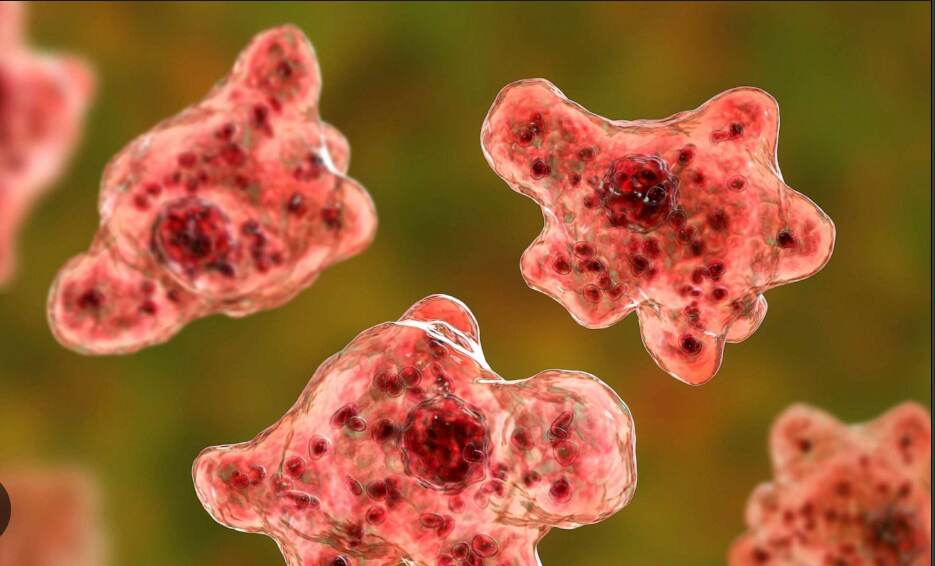Georgia Resident Dies From Rare Brain-Eating Amoeba Infection: 6th Case Reported Since 1962
A resident in Georgia has died from a rare infection caused by the brain-eating amoeba, Naegleria fowleri. This marks the sixth reported case in Georgia since 1962.
A Georgia resident has tragically died from a rare brain infection caused by Naegleria fowleri, commonly known as the "brain-eating amoeba." The individual was likely infected while swimming in a freshwater lake or pond, according to the Georgia Department of Public Health.
This marks the sixth reported case of Naegleria fowleri infection in Georgia since 1962. Naegleria fowleri is an amoeba that naturally occurs in warm freshwater environments such as lakes, rivers, and hot springs.
It gets its nickname from its ability to cause a brain infection when water containing the amoeba enters the nose, typically during swimming. The infection is rare but almost always fatal. Symptoms of Naegleria fowleri infection include severe headache, fever, nausea, vomiting, stiff neck, seizures, hallucinations, and coma.
These symptoms usually appear about five days after infection, but can show up anywhere from one to 12 days after exposure. The progression of the disease can be rapid, leading to death within five days. Health officials emphasize that the amoeba cannot infect individuals through drinking contaminated water unless it enters the nose.
There is no routine environmental test for Naegleria fowleri in bodies of water, and its occurrence and levels in the environment cannot be controlled. The location and number of amoebas in the water can vary over time within the same body of water. It is not just Georgia that has seen cases of Naegleria fowleri infection.
A two-year-old boy from Nevada recently died from the infection, likely contracted while playing in the water at Ash Springs, a natural hot spring. There have also been cases reported in other states such as Florida, Iowa, Nebraska, and Arizona in recent years. To reduce the risk of infection, health officials recommend limiting the amount of water that goes up the nose while swimming.
The U.S. Centers for Disease Control and Prevention (CDC) advises against jumping or diving into bodies of fresh water and suggests holding the nose shut and keeping the head above water. Overall, the recent death in Georgia highlights the importance of being aware of the risks associated with Naegleria fowleri and taking precautions while swimming in freshwater environments.




